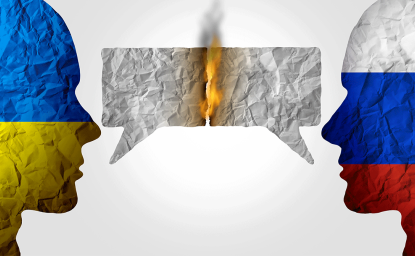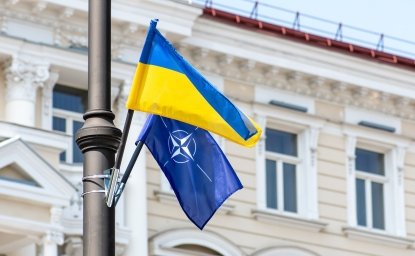The Latest
South Korea faces an unprecedented political crisis after President Yoon Suk Yeol declared martial law, citing national security threats and "anti-state forces." The move marked the first martial law declaration since the country's democratization in 1987 and sparked widespread protests, a heavy military presence, and international concern. Parliament swiftly convened, voting overwhelmingly to nullify the declaration, calling it unconstitutional and a threat to democracy.
Kayla Orta, Senior Associate for the Wilson Center's Hyundai Motor-Korea Foundation Center, provides insights into the situation. She speaks about the resilience of Korea's democracy, the likely damage to Yoon’s domestic approval, and concerns over the possibility of weakened trilateral relations with the US and Japan.
-
Transcript
Guest


Hyundai Motor-Korea Foundation Center for Korean History and Public Policy
The Center for Korean History and Public Policy was established in 2015 with the generous support of the Hyundai Motor Company and the Korea Foundation to provide a coherent, long-term platform for improving historical understanding of Korea and informing the public policy debate on the Korean peninsula in the United States and beyond. Read more

Explore More
Browse Insights & Analysis
Imamoglu’s Arrest Sparks Nationwide Unrest and Raises Fears for Turkish Democracy







